Disney’s The Lion King is often celebrated as a masterpiece of animation, boasting breathtaking visuals, memorable music, and a timeless story of redemption and family. However, a long-standing controversy has been associated with this movie, specifically regarding its originality. Even during its release, many critics and fans argued that Disney’s 1994 blockbuster bears an uncanny resemblance to Osamu Tezuka’s groundbreaking manga and anime Kimba the White Lion.
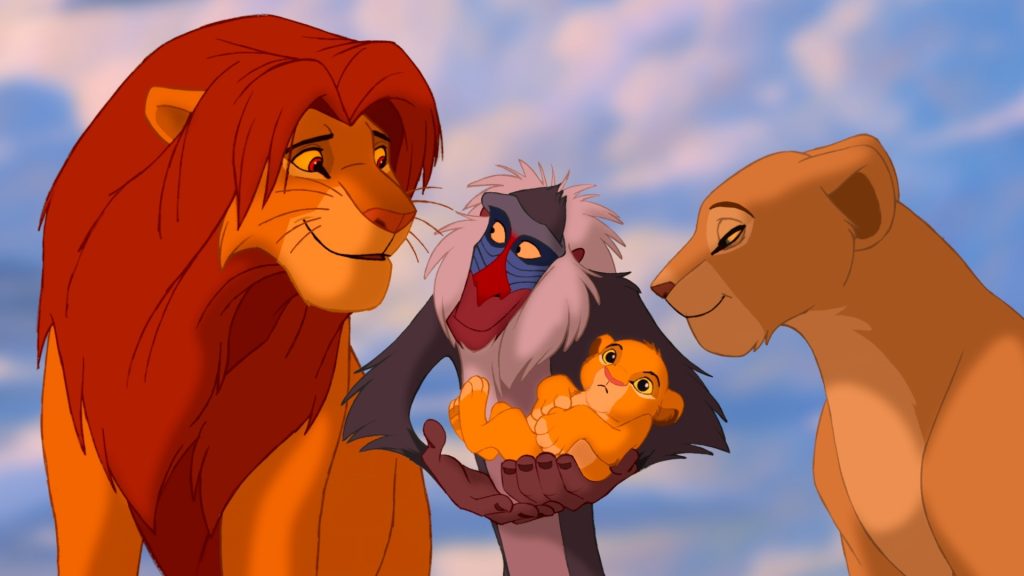 Disney’s 1994 blockbuster “The Lion King” | Credit: Walt Disney
Disney’s 1994 blockbuster “The Lion King” | Credit: Walt DisneyOsamu Tezuka’s manga Kimba the White Lion; known in Japan as Jungle Emperor, was first published in 1950 and its anime adaptation was broadcast on Japan’s Fuji Television during the 1960s. Despite Disney’s firm denials, the similarities between the two works have fueled debates for decades.
Osamu Tezuka’s Kimba the White Lion: A landmark in animation
Often referred to as the “God of manga”, Osamu Tezuka created Kimba the White Lion as a serialized manga in the 1950s. The story follows Kimba, a brave white lion cub navigating the challenges of leadership, morality, and coexistence in the African savanna. Tezuka’s work stood out for its mature themes, environmental messages, and intricate character development; laying the foundation for modern anime storytelling.
 Kimba, who shares lots of similarities with Simba | Credit: Mushi Production
Kimba, who shares lots of similarities with Simba | Credit: Mushi ProductionFrom 1965 to 1967, Kimba the White Lion was adapted into an animated series and broadcast on Fuji television; being one of first generation anime classics created in Japan. It was also one of the first Japanese animations to gain popularity outside Japan. It introduced global audiences to Tezuka’s innovative storytelling and solidified his reputation as a pioneer in the field.
During the release of Disney’s The Lion King in 1994, a controversy emerged regarding the originality of this blockbuster movie, with people claiming it was actually based on Kimba the White Lion. However, despite the claims, Disney has consistently denied any connection between these two stories. According to the studio, The Lion King was an original story inspired by Shakespeare’s Hamlet and African folklore. They maintain that any similarities are purely coincidental. Yet, the controversy resurfaced once again during the 2019 live-action remake production of this movie.
Uncanny Similarities Between The Lion King and Kimba the White Lion
Despite Disney’s consistent denials, the parallels between The Lion King and Kimba the White Lion are too obvious to ignore. First of all, the names “Simba” and “Kimba” are eerily similar, with both protagonists being lion cubs navigating the trials of leadership. While Simba’s journey is marked by personal growth and reclaiming his kingdom, Kimba’s story emphasizes harmony and environmental stewardship.
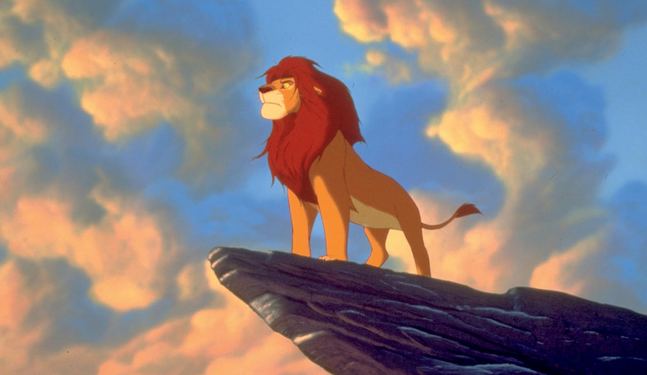 This scene of Mufasa parallels a particular scene from Kimba the White Lion | Credit: Walt Disney
This scene of Mufasa parallels a particular scene from Kimba the White Lion | Credit: Walt DisneyCertain scenes in The Lion King closely mirror moments from Kimba the White Lion. For instance, Mufasa sitting majestically on Pride Rock resembles the visual compositions of Kimba’s father, Caesar, overseeing the savanna. Both stories feature a mix of animal allies and adversaries that guide or challenge the protagonist. Though the personalities differ, their roles in advancing the plot are strikingly similar. While The Lion King leans into Shakespearean drama, Kimba explores broader themes of coexistence and ecological responsibility.
Adding fuel to the controversy, Matthew Broderick, who voiced adult Simba, once revealed in an interview with The Hollywood Reporter that he initially thought he was being cast in a remake of Kimba the White Lion. This statement highlights the perception, even among those involved in The Lion King, that Disney’s film shared a connection with Tezuka’s creation.
The debate over whether Disney’s The Lion King was inspired by Osamu Tezuka’s Kimba the White Lion is unlikely to be resolved definitively. However, this controversy raises broader questions about originality and cultural appropriation in art. For many, the debate is not about discrediting The Lion King‘s achievements but about recognizing Tezuka’s influence and giving credit where it is due. Tezuka’s legacy continues to inspire generations of storytellers, and his contributions to global animation deserve acknowledgment.
Both The Lion King and Kimba the White Lion are currently available to watch on Amazon Prime Video.
.png)
 5 days ago
16
5 days ago
16
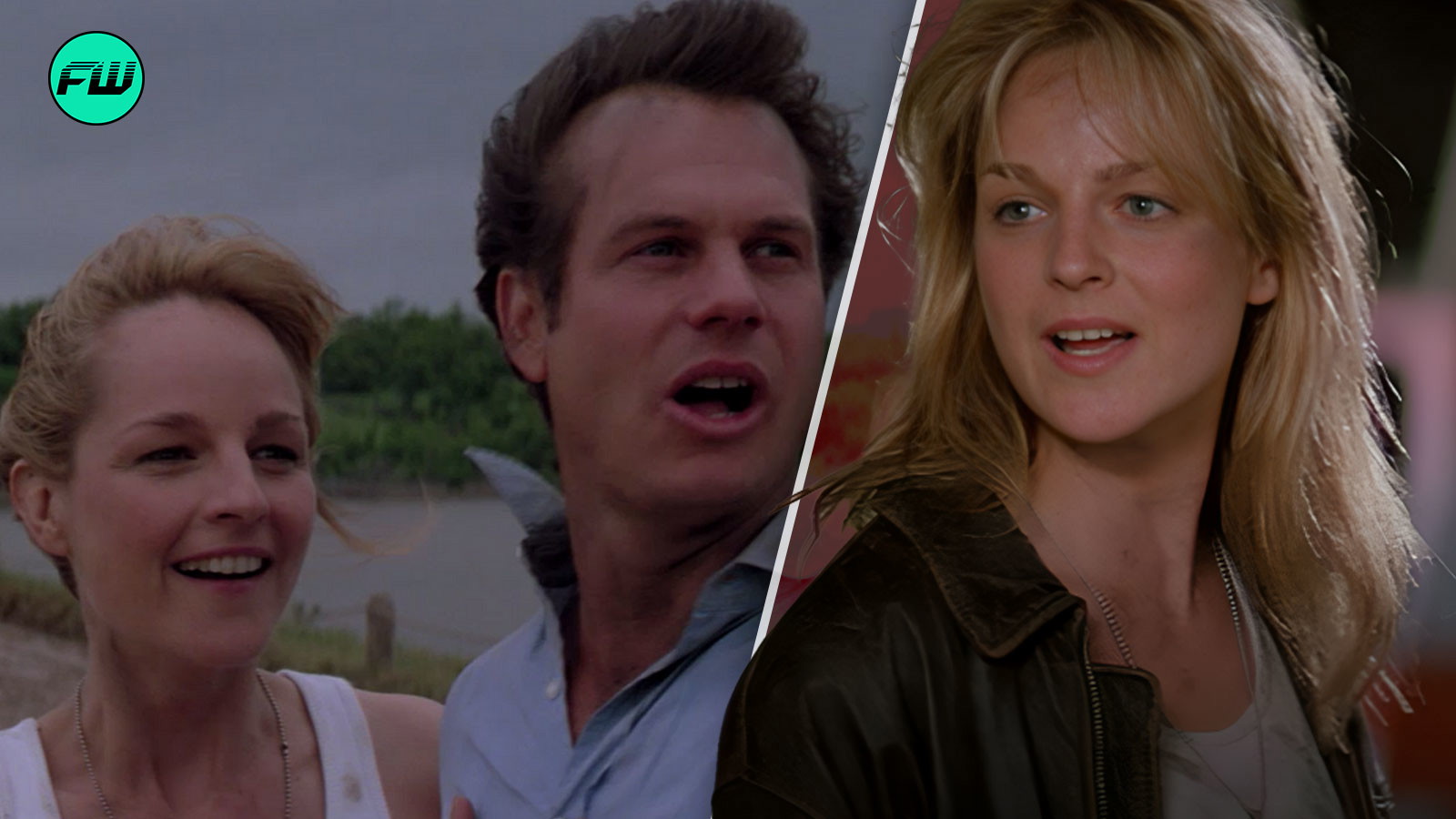


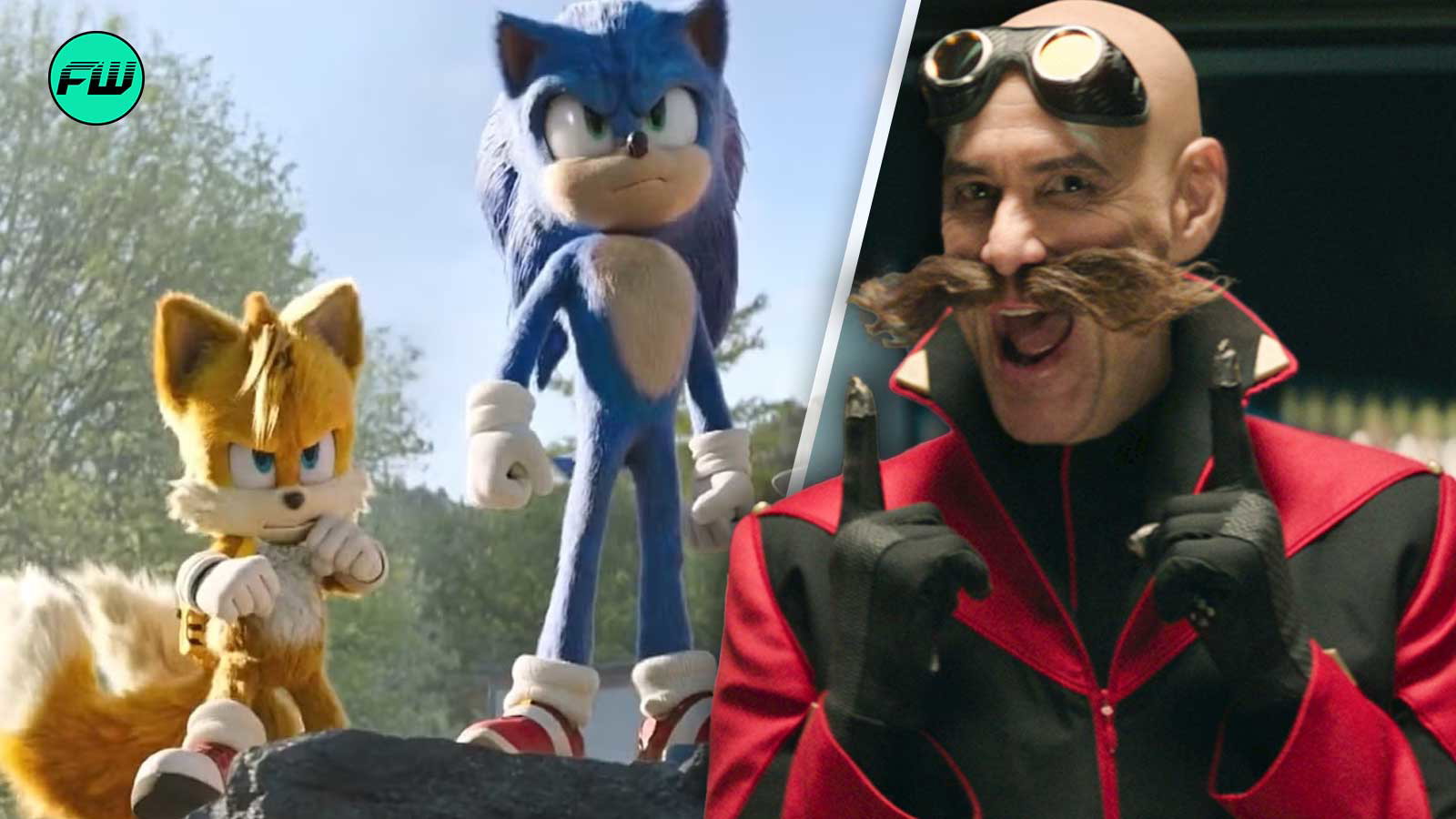


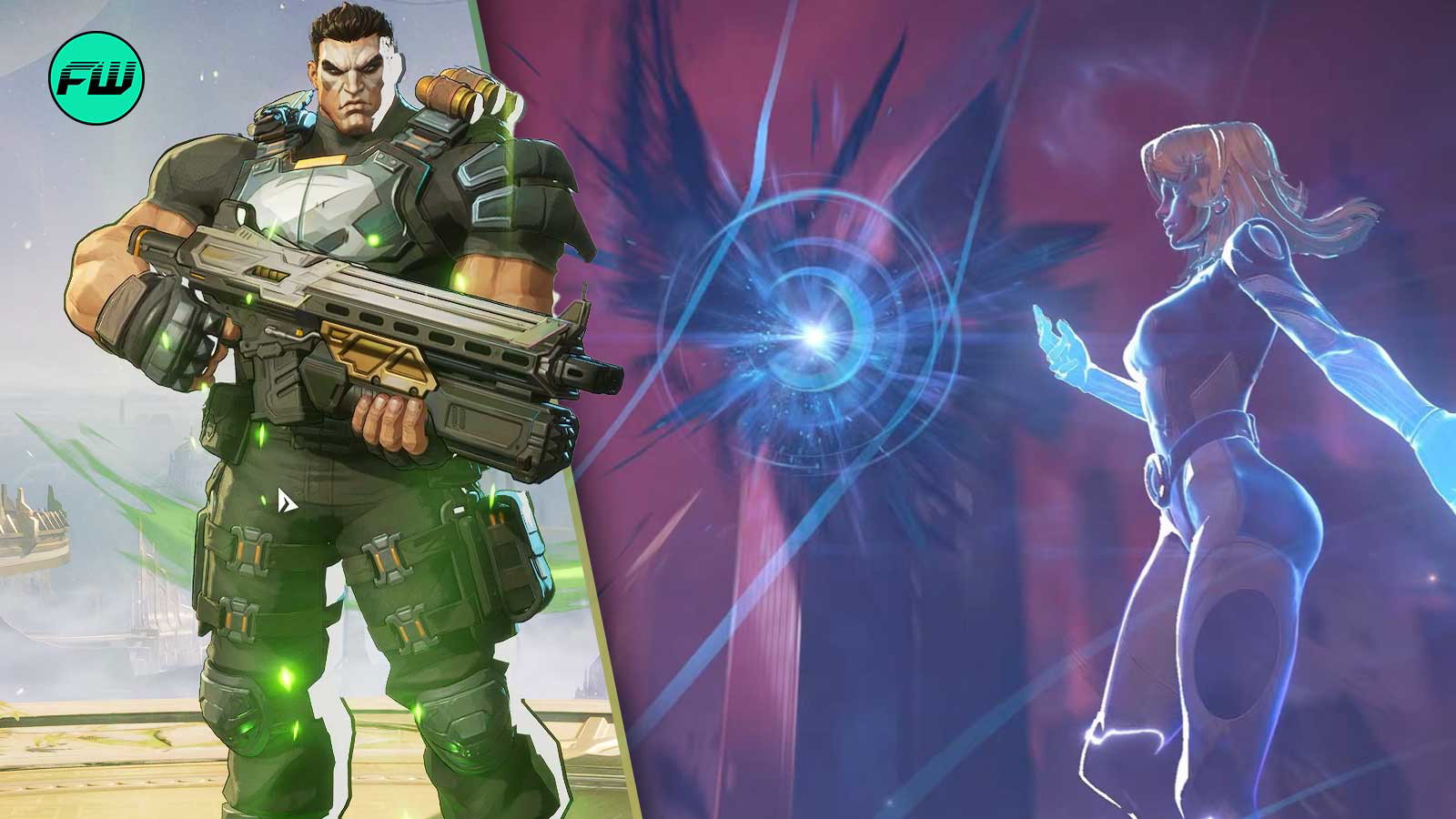
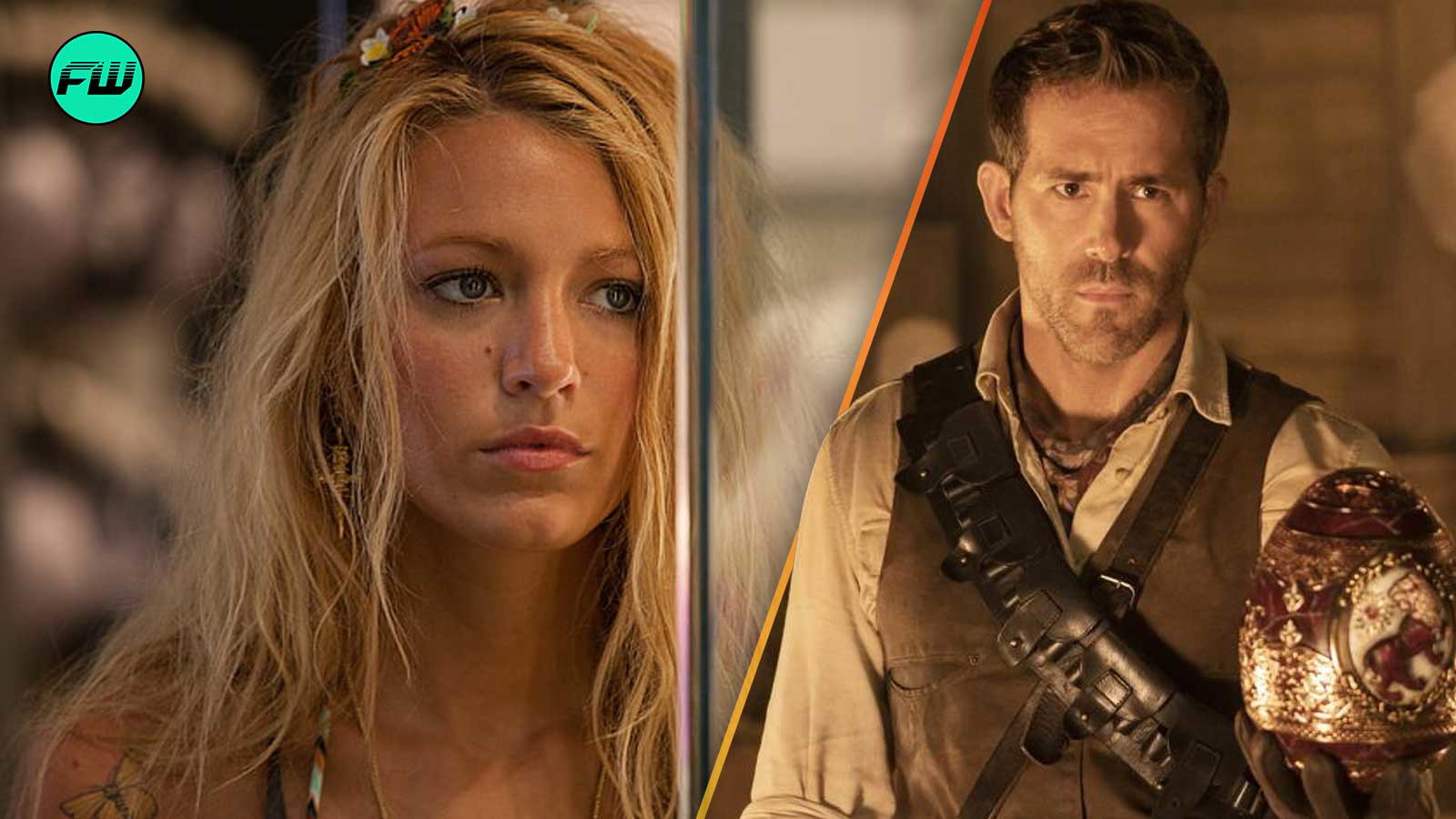



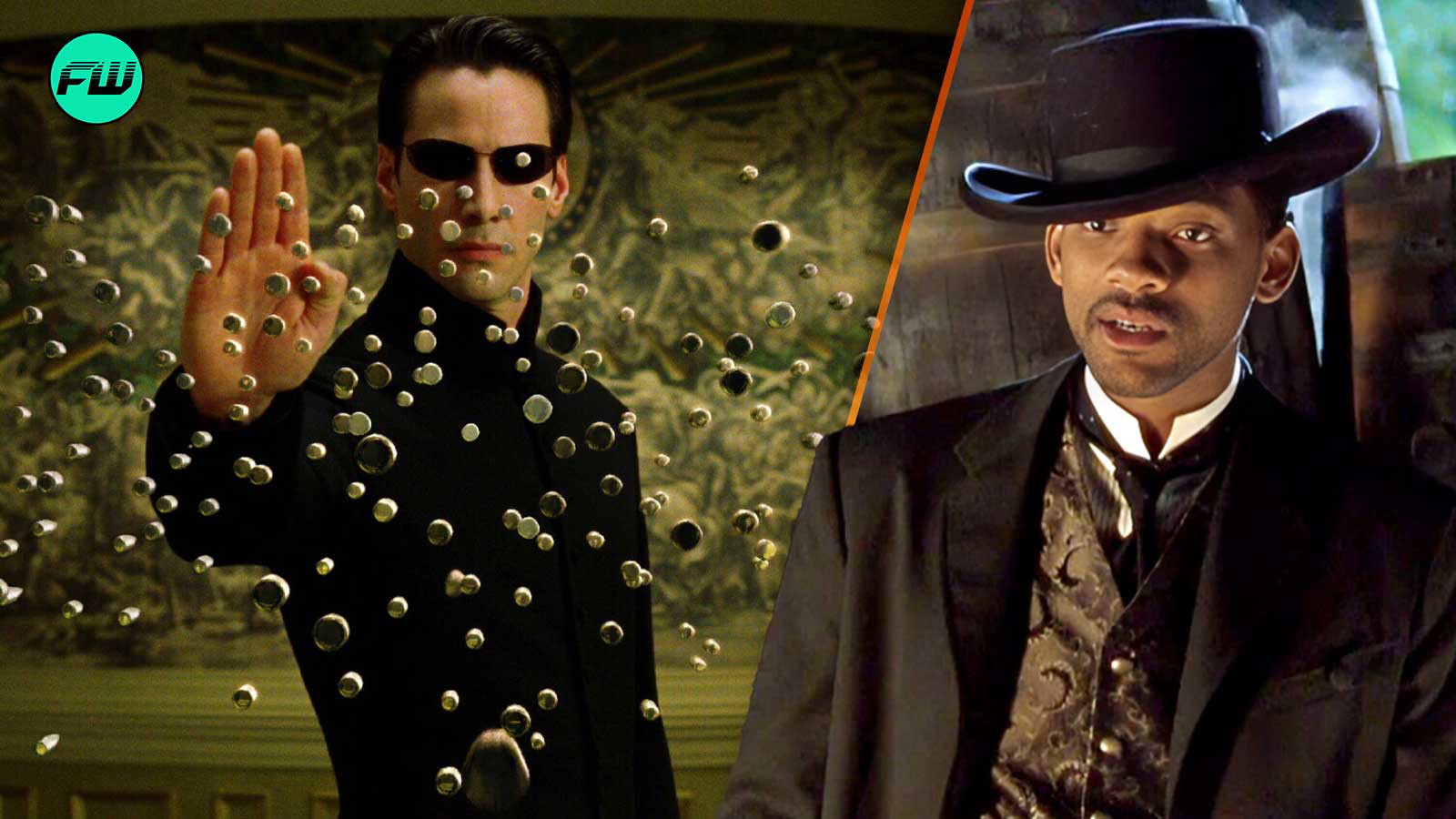






















 Bengali (BD) ·
Bengali (BD) ·  English (US) ·
English (US) ·